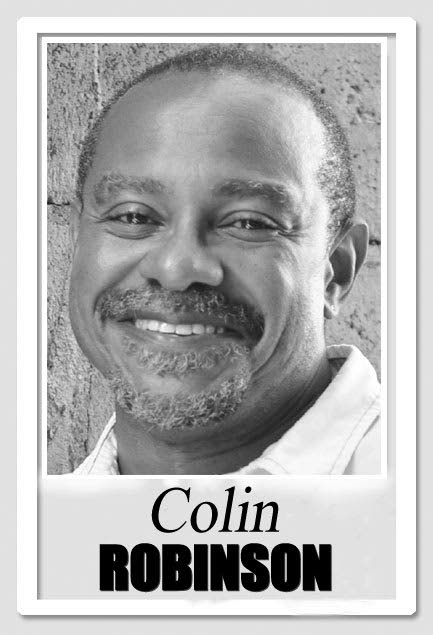The able body

It’s not difficult to feel empathy with the mourning, depression or shame mastectomy and prostatectomy survivors can experience. Our sexual sense of ourselves is so deeply tied to specific sites of imagination and pleasure on our bodies. Loss of sexual attractiveness or function is all bound up with our sense of self-worth and dignity, our very notion of ourselves as men or women. We wrestle with the idea that a piece of our sexuality has become cancerous.
My own primal response faced with picking surgery dates last week is haunting me. I was having a laproscopically assisted abdominal procedure. There’d be scars, but the smallest ones the pioneer of the university’s minimally invasive surgery initiative could manage safely. No diseased pleasure centres or family jewels were being surgeried.
Yet my sharpest emotional concern when asked to select between available dates for the operation was a panic at how little opportunity I’d have — perhaps none at all — enjoy and remember sexual intimacy for the last time with the body that I had. A “last call” that I would wake up from anaesthesia with a different, profoundly less valuable or desirable body.
I cursed myself for being single. I hated the ex trying to reconcile who’d delayed coming to visit by a few weeks. I wanted to be held and made beautiful one last time. I tried to — tentatively; so I wouldn’t be desperate or a failure. I pondered how long I should delay surgery; decided not trying to was best.
My able-bodied thinking troubles me. I thought I was so progressive on disability issues, all intersectional about bodily rights and human dignity. I’d derided advocates for people living with HIV. They wanted their own, stand-alone status for protection added to the Equal Opportunity Act.
The EOA already protects against anti-disability discrimination — impressively for TT, from its first enactment. But they didn’t want to share in that. They rejected the idea that having a life-altering, life-threatening chronic disease was a disability. Never mind the Americans with Disabilities Act was the core civil rights legislation for HIV in the US. They were living and working and sexual, while hiding their HIV. While demanding protection from stigma and discrimination for themselves, their holier than disabled sense of privilege bought into all the stigma and shame and pathology we still attach to “disability.”
Yet there was self-righteous me himself Wednesday night, yearning for one last able-bodied sexual binge before the surgeon’s curse of disability.
And I mean it’s not even like the body I had last week was any trophy. Neglect and activism had already let it go to pasture like a Rowley golf course. In recent months, too, I have slowly begun to hear myself voice aloud that that long series of difficulties I’ve experienced achieving coital pleasure — infrequent only because the occasions were — can no longer be held onto as situational. They stretch far back into memory, shame, dysfunction, disability.
Less than 48 hours after the bodily terror triggered by my surgeon’s call, his incisions began. A week later, I am struggling with cowardice and humility at pain, petrified of coughing, thinking about the long four weeks to healing, proud of the ordeal behind me, and grateful for the strength in my beautiful legs. What I do with my post-surgical body, whether it will inspire me to fitness, who will want to touch it, remain unclear.
I had tried some time ago to write a column about prostate cancer, but given up. I had wanted to tell cautionary tales to lecture men into getting the fingerstick. About the Jamaican old man I spent time with again after years, whose wetness for me turned out to be urine. About the woman who’s never forgiven her partner for choosing surgery over seed radiation she hoped would keep their ageing sex life active. Years before she chose cancer treatment that would preserve her breasts. Today I chatted with a young Trini friend whose colonoscopy ended up with a prostate cancer diagnosis. He shared his decision making, in choosing to give up his organ, his risks and calculus about a future sexual life.
We don’t think twice about how our everyday microjudgments of short men, fat women, body hair, skin colour reproduce bodyshaming. Ageing offers some lessons on learning to live with the bodies we have. But it ought to be far more intuitive how radically important it is to make the world safe, culturally and legally, for trans and intersex people, deaf people, people with HIV and cancer to live in theirs. Instead, what operate are the many lessons about which bodies have dignity, which cut so deep.

Comments
"The able body"